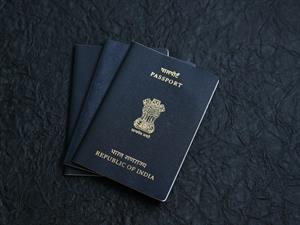PDF chapter test TRY NOW
In this chapter, Citizens and Citizenship, we will read about the,
- Meaning, definition of citizens and citizenship
- The Constitutional Provisions of India
- Acquisition and termination of Indian citizenship
- Nature of overseas citizenship of India
- Rights and responsibility of a citizen
Civics is the study of government. The word ‘Citizen’ is derived from the Latin word ‘Civis’, which means resident of a City-State of Ancient Rome. After the disappearance of City-State system, it has been used to mean a member of the State.
Citizen and Citizenship:
Citizen is a person of a country who is entitled to enjoy all the legal rights and privileges granted by a state and is obligated to obey its laws and to fulfil his duties.
Citizenship is the status given to the citizens which provide them the right to legally live in a country as long as they want.

Citizens of countries
Types of Citizen
There are two types of citizens, Natural and Naturalised citizens.
1. Natural citizens: Are the citizens by birth.
2. Naturalised citizens: Are the one who acquires citizenship.
There are two types of citizens, Natural and Naturalised citizens.
1. Natural citizens: Are the citizens by birth.
2. Naturalised citizens: Are the one who acquires citizenship.

Indian passport
The Constitutional Provisions of India:
The Constitution deals with citizenship from Articles 5 to 11 under Part II. It does not deal with the problem of acquisition or loss of citizenship after its commencement. Instead, it empowers the Parliament to enact a law for other matters relating to citizenship.
Accordingly, the Parliament has enacted the Citizenship Act, \(1955\).
